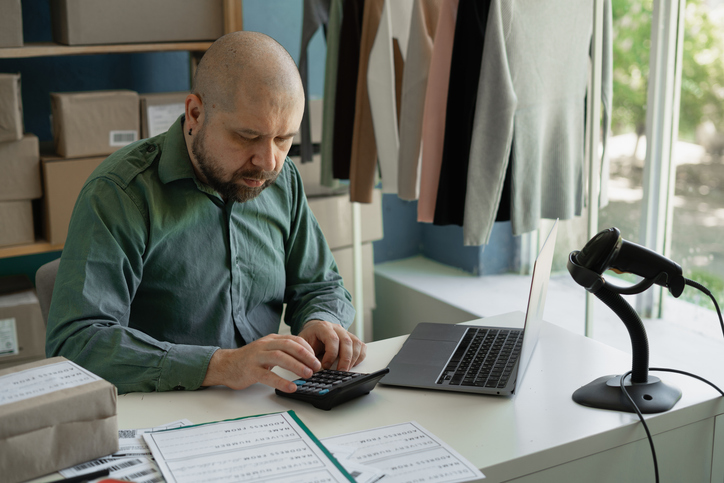Coronavirus government Statutory Sick Pay Rebate Scheme – how to apply
UPDATED: The government has opened its long-awaited Statutory Sick Pay (SSP) Rebate Scheme to employers of small and medium-sized companies.
Businesses with fewer than 250 employees can apply to recover the costs of paying out SSP throughout the coronavirus pandemic.
The scheme was originally announced in this year’s Budget speech.
Am I eligible for the Statutory Sick Pay Rebate Scheme?
Employers must have a PAYE scheme that was created and in place by 28 February 2020 and had no more than 250 employees by the same date.
You can claim for full-time and part-time employees as well as those on agency contracts and gig worker/zero-hour contracts.
Tax agents who are authorised to do PAYE online for you can apply on behalf of your business.
Connected companies and charities can also access the scheme if they had 250 or fewer employees on or before 28 February 2020.
Repayment will cover up to two weeks of SSP from either 13 March 2020 – if the employee had coronavirus, symptoms or was self-isolating because someone they live with had coronavirus – or from 16 April if they were shielding because they were vulnerable.
If an employee was asked to shield but wasn’t furloughed, they’d be covered by up to two weeks of sick pay from 16 April.
SSP is £95.85 per week – employers can pay more if they wish but will only be reimbursed at the basic rate.
How do I apply for the Statutory Sick Pay Rebate Scheme?
Head over to the government website and enter information on the employees that you’re claiming for. Once you’ve made the application, the money should be in your account within six working days.
Click here to claim on the Statutory Sick Pay Rebate Scheme
Make sure you have all of the information you need before you begin:
- The number of employees you are claiming for
- Start and end dates of your claim period
- The total amount of coronavirus-related Statutory Sick Pay you have paid to your employees for the claim period – this should not exceed the weekly rate of SSP that is set
- Your Government Gateway user ID and password that you got when you registered for PAYE Online – if you do not have this find out how to get your lost user ID
- Your employer PAYE reference number
- The contact name and phone number of someone we can contact if we have queries
- Your UK bank or building society account details (only provide account details where a Bacs payment can be accepted) including:
- bank or building society account number (and roll number if it has one)
- sort code
- name on the account
- your address linked to your bank or building society account
I’m claiming for wage costs through the Coronavirus Job Retention Scheme
You can claim back from both the Coronavirus Job Retention Scheme and the Coronavirus Statutory Sick Pay Rebate Scheme for the same employee but not for the same period of time.
Coronavirus help for self-employed
- For the self-employed not eligible for SSP, contributory Employment and Support Allowance will be payable, at a rate of £73.10 a week if you are over 25, for eligible people affected by coronavirus or self-isolating in line with advice from day one of sickness, rather than day eight.
For more information about coronavirus government statutory sick pay, go to the Department for Work & Pensions website here.
Grants can sometimes be combined with other forms of funding, such as banks, grant makers, crowdfunding platforms and other lenders.
Further reading on coronavirus
Coronavirus: what are your sick pay obligations if your staff self-isolate?





